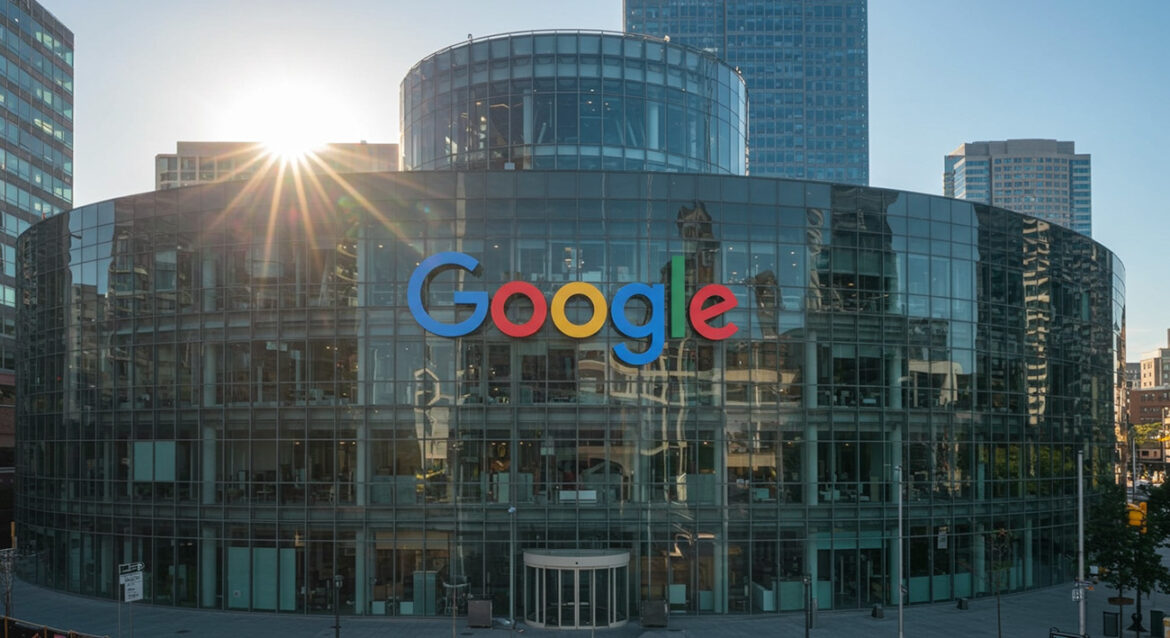Every year, Google I/O sets the tone for the tech industry with groundbreaking announcements—and 2025 has been no exception. This year, Google showcased a suite of AI-powered innovations that reflect its unwavering focus on integrating artificial intelligence into every aspect of digital life. From reimagining Search to launching next-generation tools like Veo 3 and Project Astra, here’s a breakdown of everything you need to know.
A New Era of Google Search: Conversational, Contextual, and Powered by Gemini
Perhaps the most transformative update came to Google Search itself. With the integration of Gemini, Google’s advanced AI model, Search now features a fully conversational interface. Dubbed “AI Mode,” the new experience is designed to make searching feel more like talking to a knowledgeable assistant than querying a database.
Key Highlights:
- Context-Rich Responses: Instead of directing users to multiple links, the new system synthesizes answers from across the web into a concise, conversational format.
- Multistep Reasoning: Gemini can follow up on questions, interpret ambiguous phrasing, and handle complex queries across different domains.
- Multimodal Input: Users can input images, voice, or text, and receive coherent responses incorporating all available information.
This move positions Google to redefine the search engine category entirely—turning it into an AI-powered exploration assistant.
Project Astra: Your Universal AI Companion
One of the most talked-about announcements was Project Astra, a next-generation AI agent built to act as a ubiquitous assistant across all your devices—phones, smart displays, glasses, and more.
What it does:
- Real-Time Interaction: Astra listens, observes (via camera input), and responds instantly—almost like a human aide.
- Context Awareness: It remembers ongoing conversations, can reference past interactions, and continuously learns user preferences.
- Hardware Integration: Designed to work seamlessly with Android, Wear OS, and even experimental smart glasses prototypes.
Project Astra is clearly Google’s answer to OpenAI’s GPT agents, but with Google’s hardware and ecosystem integration, it has the potential to become an everyday presence in users’ lives.
Introducing Veo 3: AI Video Creation Gets a Big Upgrade
Google also revealed Veo 3, the latest version of its AI video generation tool. With the ability to create realistic, high-definition videos complete with synchronized audio, Veo 3 is aimed squarely at creators, educators, and marketers.
Features:
- Text-to-Video with Audio: Describe a scene in natural language, and Veo produces a complete video with matching sound.
- Scene Consistency: Improvements in continuity and frame coherence make videos feel less robotic and more cinematic.
- Creative Controls: Users can tweak lighting, camera angles, and soundscapes to fine-tune the results.
This launch could reshape digital storytelling, enabling small creators to produce professional-grade content with minimal resources.
SynthID Detector: Combating Deepfakes and AI Misinformation
Recognizing the risks of synthetic media, Google introduced SynthID Detector—a tool designed to identify AI-generated content. It builds on their earlier watermarking system by allowing anyone to verify if an image, audio file, or video was created with AI.
Why it matters:
- Transparency: Helps audiences distinguish between human-made and AI-generated content.
- Accountability: Supports journalists, educators, and regulators in identifying manipulated media.
- Open Access: Google hinted that the tool will be made freely available via an API later this year.
This aligns with growing calls for AI governance and digital authenticity in the age of deepfakes.
Google’s Strategic Shift
Google I/O 2025 made one thing very clear: the company is going all-in on ambient AI—the idea that intelligent tools should be ever-present, intuitive, and personalized. From revamping Search to launching multimodal assistants and creative tools, Google is redefining how we interact with technology.
These innovations aren’t just about novelty—they signal a strategic shift from passive tools to proactive companions. In a world where AI is rapidly becoming a standard feature, Google is positioning itself not just as a search engine or cloud provider, but as the backbone of our digital experience.
Google I/O 2025 was a landmark moment for the future of AI. Whether you’re a developer, content creator, or everyday user, the tools and concepts unveiled this year are poised to shape the next generation of apps, interfaces, and user experiences.
Stay tuned—because the way we search, communicate, and create is about to change forever.
